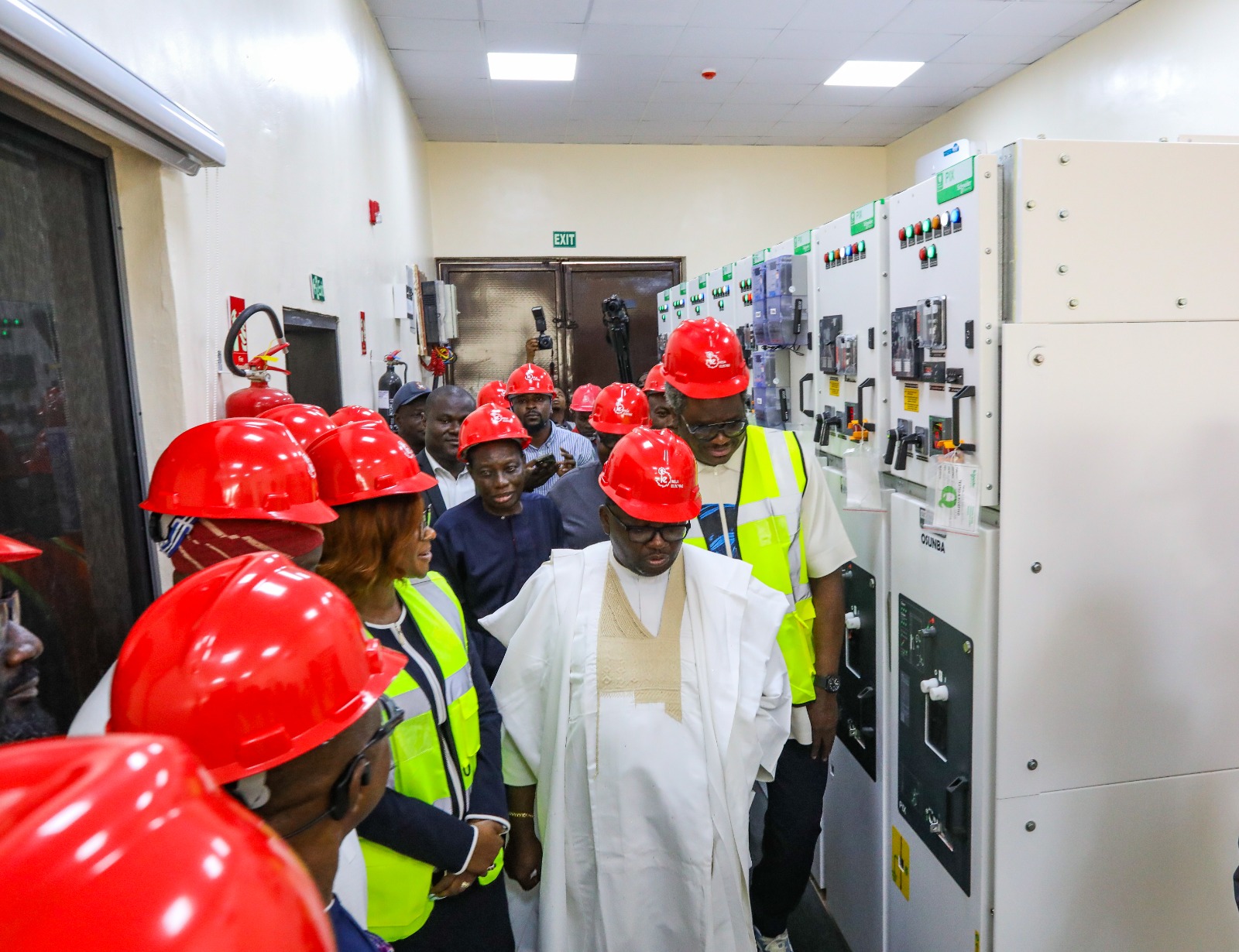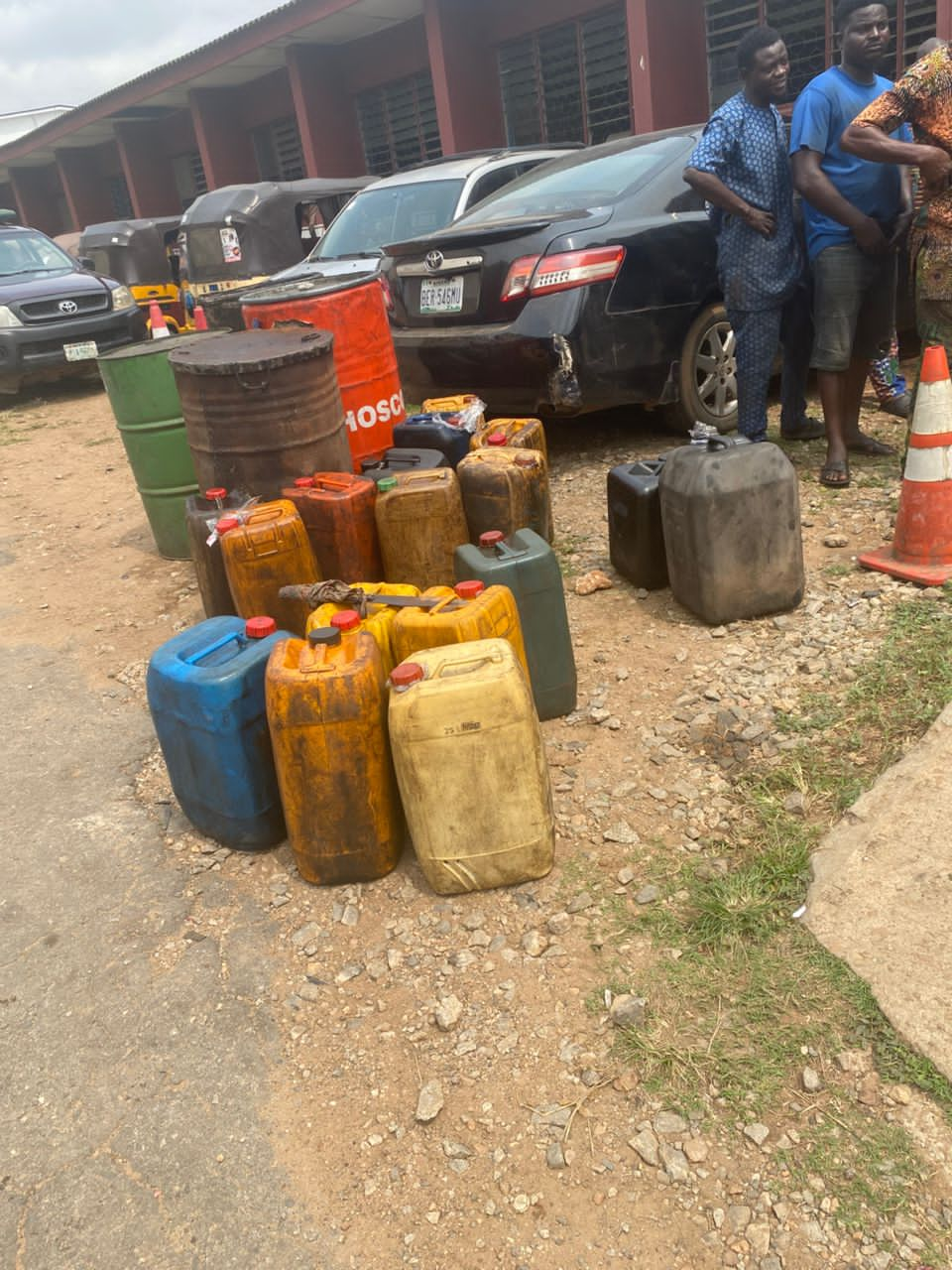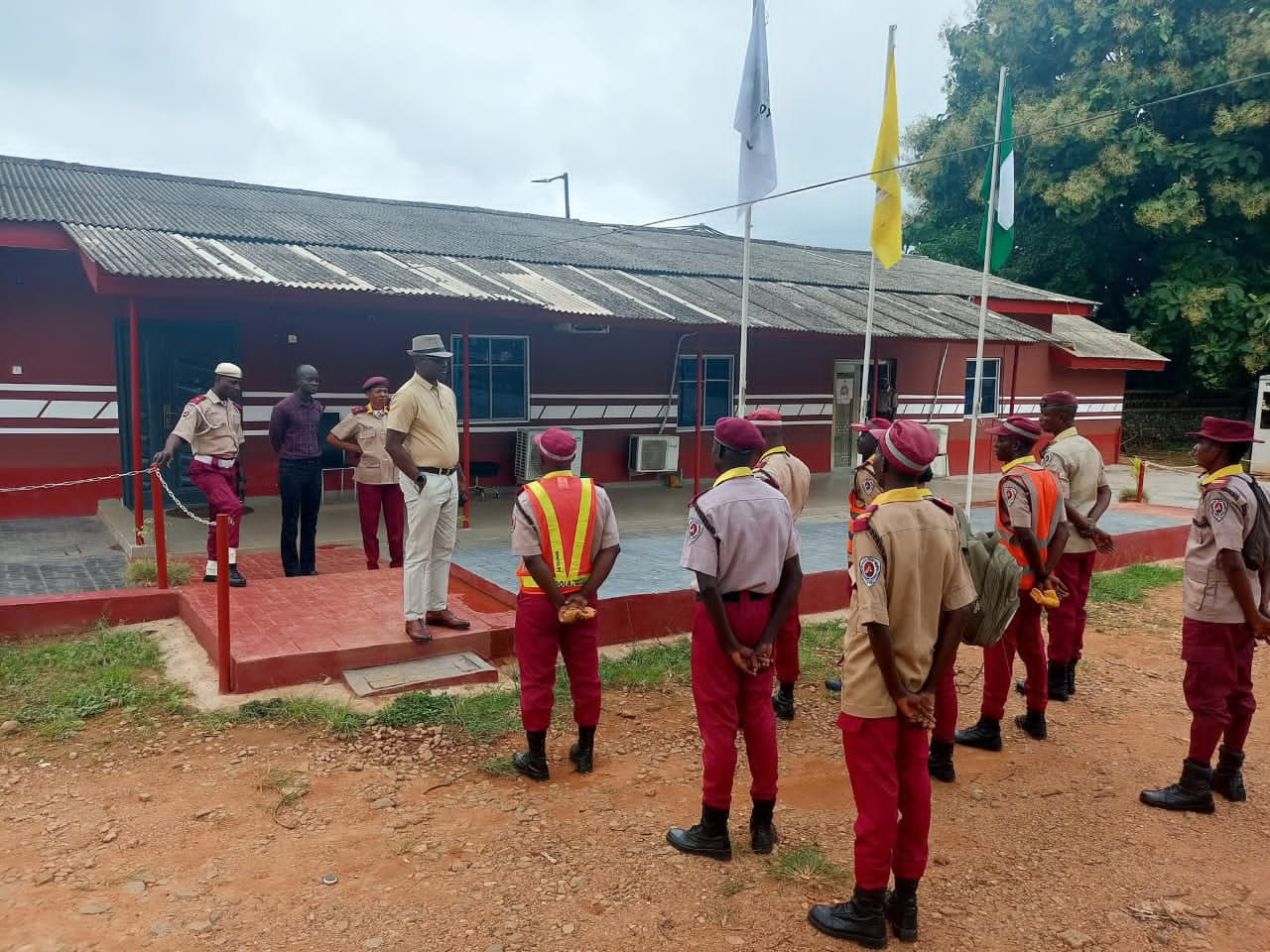Increasing Electricity Tariffs Won’t Solve The Problem: Here’s Why
MONICA MADUEKWE

Nigeria’s long-standing struggle to provide stable electricity reveals something more fundamental than technical or financial challenges: it points to a system that either lacks the will or the capacity to deliver on its promises. If low tariffs were truly the core problem, then after years of reforms, countless policies and multiple price adjustments, we would have solved it by now.
Electricity is a market, yes—but not just any market. While it involves supply, demand and pricing like others, electricity underpins the entire economy. When power costs are too high, the effects ripple across production, manufacturing, service delivery and daily life. Local goods become uncompetitive, businesses shut down and economic growth slows. A government serious about development must regard a functional electricity market as non-negotiable.
The fact that Nigeria has failed to build such a market decades after independence raises critical questions. Is it a lack of political will or a lack of institutional capacity?
Let’s assume the will exists. That makes the capacity gap even more troubling. The technologies to achieve universal electricity access are available. The global body of knowledge on market design, regulation and grid modernization is vast. The issue is not knowledge, but implementation.
Why is that?
One likely explanation is interference from entrenched interests whose agendas are misaligned with the goal of reliable electricity for all Nigerians. These may be individuals or groups—both public and private—who benefit from the current dysfunction. Upstream, we see this when substandard equipment is procured to maximize profit margins, contracts are awarded on anything but merit, or power projects are approved without rigorous supervision, leading to recurring breakdowns and reinvestment cycles.
Downstream, the sabotage continues: electricity infrastructure is vandalized or repurposed for personal gain, meters are bypassed, and large users simply refuse to pay their bills, sometimes using intimidation. These are not isolated incidents, they are routine, systemic, and corrosive.
While no society is immune to dysfunction, the difference in Nigeria is that these behaviours occur so frequently and at such scale that they undermine even well-meaning policy interventions. This is not about blaming citizens. A high-performing government is one that can resist such pressures and deliver outcomes regardless.
Against this backdrop, the government’s plan to increase electricity tariffs, citing the unsustainability of subsidies, seems dangerously simplistic. Proponents argue that higher prices will attract investment. But what if, instead, they push more consumers toward self-generation? Already, many households and businesses rely on solar systems, diesel generators, or standalone gas solutions. This trend could fragment the grid further, reduce economies of scale, and widen the gap between those who can afford reliable power and those who cannot.
How do we achieve universal energy access and net-zero emissions in the power sector when energy decisions become household decisions, rather than a national, government-led strategy?
A steady climb in electricity tariffs, without addressing the underlying structural and governance issues, will not deliver lasting results. At best, these strategies offer the fleeting comfort of ointment on a deep wound. Without a systemic rethink, electricity may remain one of Nigeria’s most enduring failures.
What Then Must Be Done?
Despite this grim picture, the current administration has an opportunity to write a different chapter in the story of Nigeria’s power sector. Minister Adebayo Adelabu could go down in history as the son of the soil who instilled a culture of excellence in a sector long plagued by mediocrity.
At the personal level, this means reviving a culture of meritocracy, attention to detail, discipline, and pride in work—from subordinates to supervisors. At a systemic level, it means:
1. Adopting a mindset that failure in the power sector is a personal failure for every staff member in relevant MDAs—federal and state alike.
2. Tracking institutional capacity, by establishing and publishing clear indicators of delivery success and accountability.
3. Establishing a leadership track, identifying and grooming young talent to rise into reform-driven leadership roles.
Nigeria has dwelt too long in the land of quick fixes. Yes, when there is a fire, the instinct is to find a bucket and douse the flames. But we must also ask: what caused the fire, and how do we prevent the next one?
Whether increasing tariffs is good or bad is the wrong question. It is not good for the government, which seeks economic growth, nor for the citizens, who will bear the burden. But if accompanied by bold, systemic reforms, such moves could at least reflect solidarity with the people and a genuine determination to break free from the cycles that have held the sector back for decades.
*Maduekwe, an energy expert and founder of PUTTRU, Africa’s frontline energy investment-facilitating platform.








